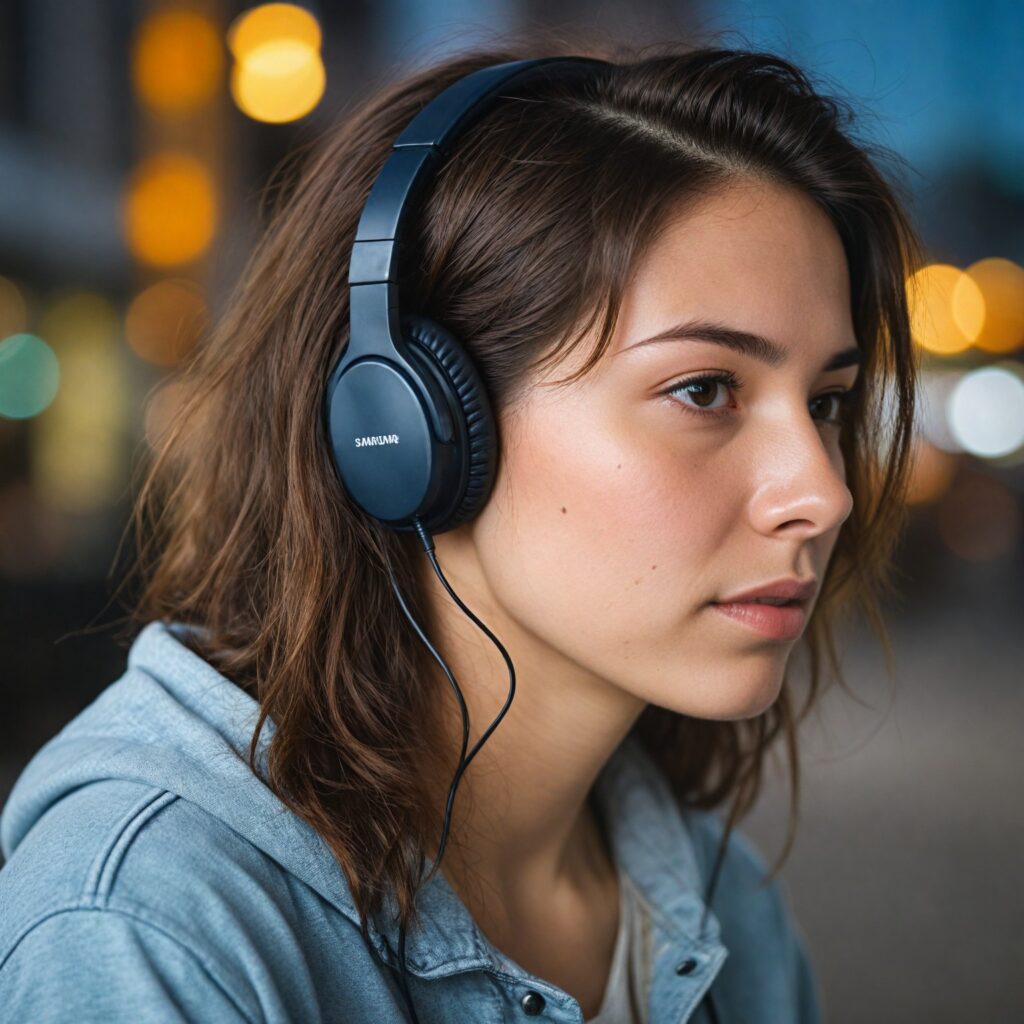Table of Contents
Introduction
Hearing is a critical sense that allows us to communicate, enjoy music, stay alert to dangers, and connect with our environment. However, exposure to loud noises can significantly damage our hearing, leading to Noise-Induced Hearing Loss (NIHL). Ways to Protect Your Ears from Loud Noises
Statistics reveal that millions of people are at risk of NIHL due to prolonged exposure to loud environments, whether it’s at work, during recreational activities, or through personal habits such as listening to music at high volumes.
This article aims to educate readers on practical and effective ways to protect their ears from loud noises, thereby preserving their hearing health for the future.
By understanding the risks, adopting preventive measures, and utilizing protective devices, individuals can significantly reduce their risk of hearing loss.
Understanding Noise-Induced Hearing Loss (NIHL)
Noise-Induced Hearing Loss (NIHL) is a permanent hearing impairment resulting from prolonged exposure to high levels of noise.
Unlike age-related hearing loss, which progresses gradually, NIHL can occur suddenly after a single exposure to an extremely loud noise or gradually from exposure to noise over time.
Common sources of harmful noise levels include loud music at concerts, construction machinery, power tools, and even personal audio devices used at high volumes.
General Tips for Protecting Your Ears
Protecting your ears from loud noises is essential for maintaining good hearing health throughout your life. Regular hearing check-ups can help detect early signs of hearing loss, allowing for timely intervention.
In addition to medical check-ups, maintaining a healthy lifestyle supports overall ear health. This includes eating a balanced diet, staying hydrated, and avoiding smoking, which can contribute to hearing damage.
Simple actions, like giving your ears regular breaks from loud environments, can make a significant difference in preventing hearing damage.
Using Ear Protection Devices
Ear protection devices are an effective way to safeguard your hearing in noisy environments. There are various types of ear protection devices available, including earplugs, earmuffs, and noise-canceling headphones.
Each type offers different levels of protection and comfort, making it important to choose the right one for your needs. Earplugs, for instance, are convenient and portable, while earmuffs provide a higher level of noise reduction.
Noise-canceling headphones are ideal for everyday use, particularly in environments with constant background noise.
Safe Listening Practices
Adopting safe listening practices is crucial in preventing hearing damage. One key practice is controlling the volume of your audio devices. Experts recommend keeping the sound levels below 85 decibels to prevent damage to the inner ear.
The 60/60 rule is a helpful guideline, suggesting that you listen to music at 60% volume for no more than 60 minutes at a time.
Additionally, taking regular breaks from listening can give your ears a chance to recover from exposure to sound.
Creating a Quiet Environment
Creating a quiet environment can help minimize your exposure to harmful noise levels. Soundproofing techniques, such as using heavy curtains, carpets, and acoustic panels, can significantly reduce noise in your home or workplace.
White noise machines can also be used to mask background noises, providing a more peaceful environment.
Choosing quieter appliances and tools, such as low-noise dishwashers and vacuum cleaners, can further help protect your ears from loud noises.
Educating Others
Raising awareness about the risks of loud noises and the importance of hearing protection is vital in promoting hearing health. Educating friends and family about the dangers of loud environments and encouraging them to adopt protective measures can make a big difference.
Advocacy for safer noise levels in public spaces and events is also crucial. By supporting regulations and policies that aim to reduce noise pollution, we can create a healthier environment for everyone.
Conclusion
In conclusion, protecting your ears from loud noises is essential for maintaining good hearing health throughout your life.
By understanding the risks associated with Noise-Induced Hearing Loss (NIHL) and adopting preventive measures, you can significantly reduce your risk of hearing damage.
Regular hearing check-ups, using ear protection devices, practicing safe listening habits, creating a quiet environment, and educating others are all effective strategies to safeguard your hearing.
Taking proactive steps today will ensure that you continue to enjoy the sounds of life for many years to come.
For More: https://earbuddy.in/why-sony-headphones-are-a-sound-investment-unrivaled-quality-and-versatility/


Pingback: Master Your Samsung Earbuds: Unveiling the Secrets of Touchpad Magic - earbuddy.in